Briefly discussed in this post: 9 books (Probable Impossibilities; Sex Object; Shut Up You’re Pretty; Liberation Day; My Documents; The Cure is a Forest; Sooner; Best Canadian Poetry 2023; and Vox Humana); 3 movies (Brighton 4th; Sisu; and Totally Killer); and 1 documentary (The Last Autumn).
BOOKS
1. Lightman, Alan. Probable Impossibilities: Musings on Beginnings and Endings (2022).
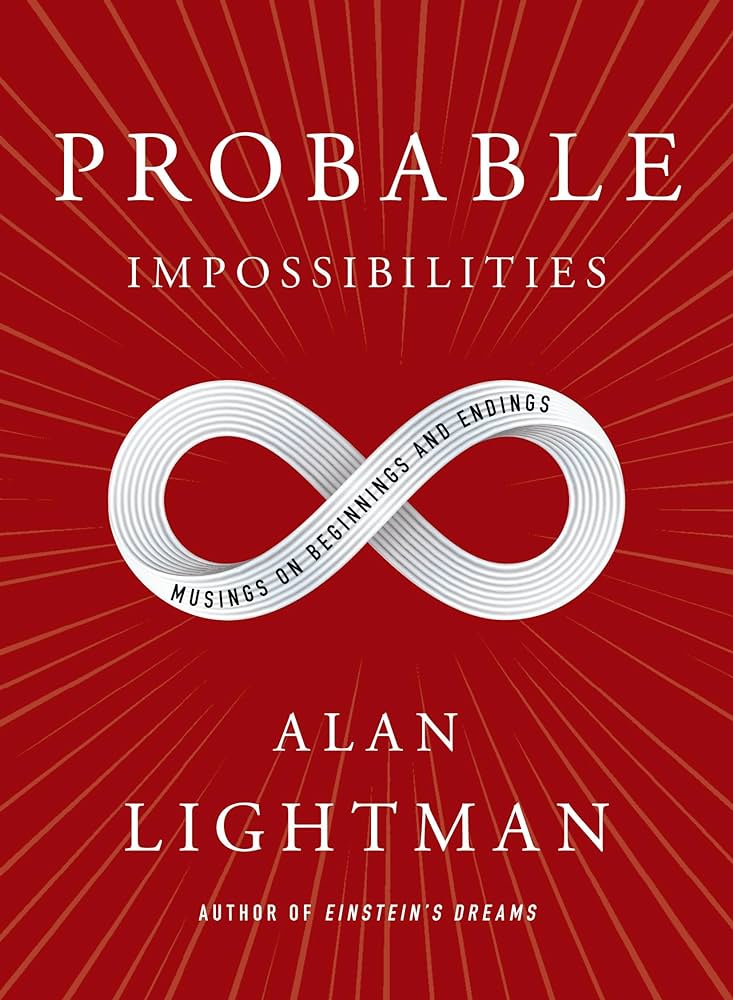
My favourite scientists are those who never lose their curiosity, their wonder, the joy in being empuzzled within and by the world or the night sky or bacteria or that weird looking bug over there or you or death or time or whatever or everything or this. But celebrity scientists who are bloated with their sense of certitude, their imagined objectivity and superiority, and their movement beyond good and evil and care are also out there (cf. Richard Dawkins and Neil deGrasse Tyson). Thankfully, Lightman falls into the former category even if his reflections lack the poetic depths and the real communicate of awe, joy, mystery and excitement that I find in the works of people like Carl Rovelli or Sonia Sultan.
2. Valenti, Jessica. Sex Object: A Memoir (2016).
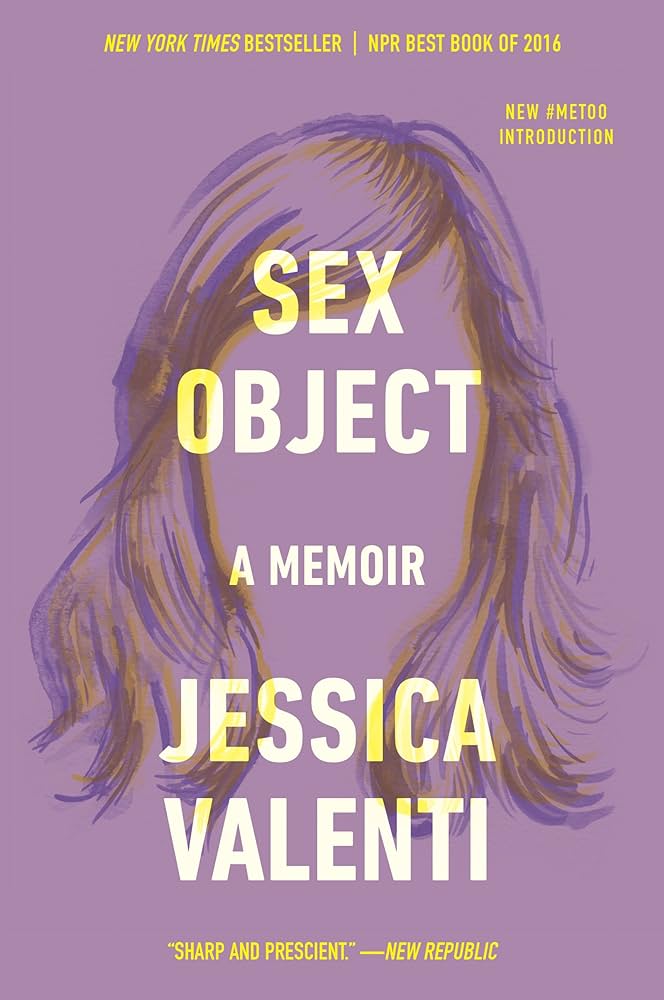
It’s a bit strange to read mainstream White feminist authors after having read a lot of the very legitimate criticisms and call-ins that have been addressed to this group from BIPOC authors and others situated at the margins of racial capitalism and class war. It’s also a bit strange to observe this a White dude given that White men are, to an overwhelming degree, the problem. That said, Valenti’s book was decent. Don’t expect any real reflections on race or class (in fact, there’s a fair bit of race and class privilege that shows through in this text; it reminded me of Joan Didion and what she takes for granted and assumes her readers will take for granted as well). But, if you put that aside, it’s an okay enough reflection. To which, I’m sure, Valenti might say, thanks, bro, way to be an ally but, you know, being an ally means taking sides and not being acritical of our friends or neglecting all of the comments made by the oppressed who have been harmed but mainstream White feminism.
3. Mutonji, Téa. Shut Up You’re Pretty (2019).
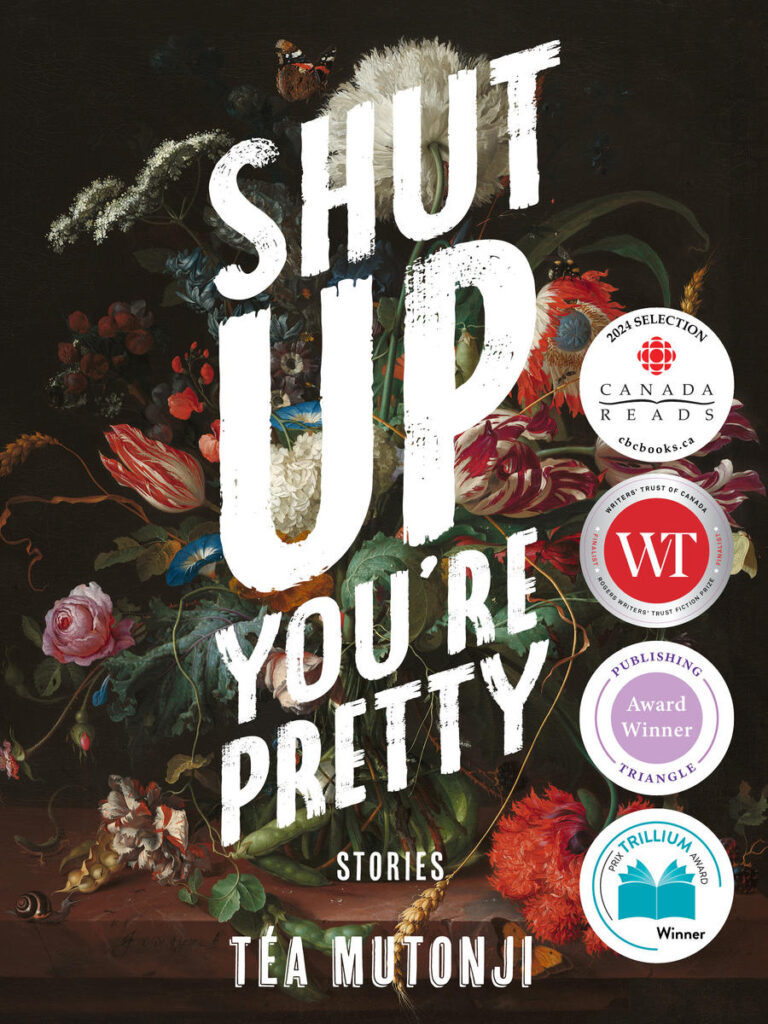
Téa Mutonji’s semi-autiobiographical and more-than-loosely connected collection of short stories about growing up as a gay Black girl who moved from the Congo to the projects in Toronto with (some of) her family when she was young deserves all the awards it has received. Well-crafted, well-told, real people being real people in real life situation—people and situations that I know very well and that I don’t often trust others to narrate well—Mutonji narrates well. I don’t know her but she sure reminds me of my people. I’m glad I read this book and recommend you read it, too.
4. Saunders, George. Liberation Day: Stories (2022).

George Saunders is the master of humourous but poignant short stories that use short sentences and that play games with language that require the reader to play the role of a (subtly and tenderly guided) detective. You may not understand what is going on when you first start reading a Saunders story, but soon you will, and you will feel very smart for getting there and you will laugh at his jokes and you will also cry a little—sometimes unexpectedly—when he suddenly reveals where he has been leading you the whole time. I love his work. Absolutely recommended.
5. Zambra, Alejandro. My Documents (2015).
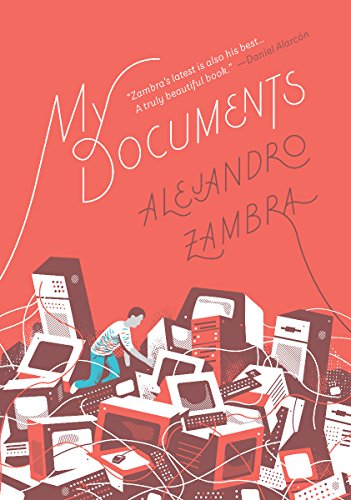
Some writers become famous because they are excellent writers. More writers become famous because they are good writers with excellent marketing skills. And a fair number of writers become famous because they aren’t terrible writers and have excellent connections. In the arts, it’s a lot more about who you know than it is about what you do.
6. Di Nardo, Desi. The Cure is a Forest (2011).
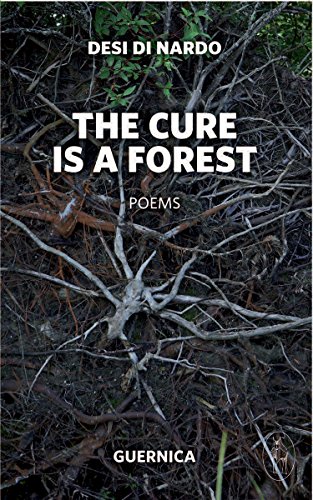
Writing poems about bugs and rocks and swamps sounds like a really great idea to me but, unfortunately, apart from a few pieces, Desi Di Nardo’s collection mostly felt like a let down to me. Poetry is a funny kind of thing. There is this sweet spot we all have for how simple or how complex we like our poems to be. Too complex and they feel like pretentious pay-to-play (via an MFA) language games. Too simple and they feel like they have all the affect and insight of “teen angst poetry” (I wrote my fair share within silver ink in a journal that had black pages!). Of course, where that sweet spot is, is highly subjective (unless you’ve done the pay-to-play thing, then you’ve been taught that your sweet spot is, objectively, the sweet spot). Di Nardo’s stuff falls in the too simple category for me.
7. Christakos, Margaret. Sooner (2005).
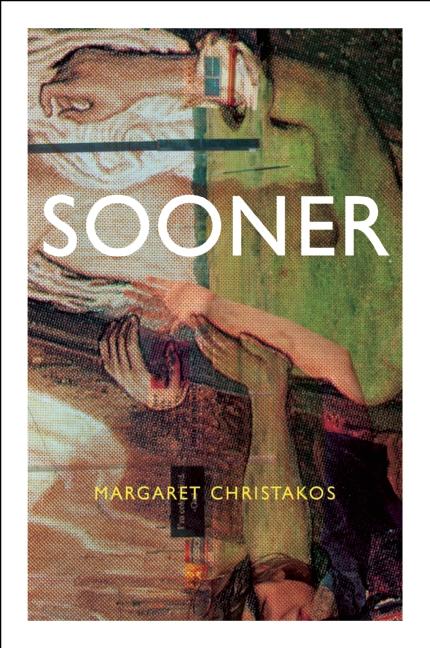
And Margaret Christakos, well, it’s a bit of an oversimplification to say it ends up in the too complex-category, but I think I just don’t enjoy the way she arranges words and the way her thinking flows (or doesn’t flow). Getting through this was a real slog for me.
8. Barton, John (Guest Ed.), and Anita Lahey (Series Ed.). Best Canadian Poetry 2023 (2022).
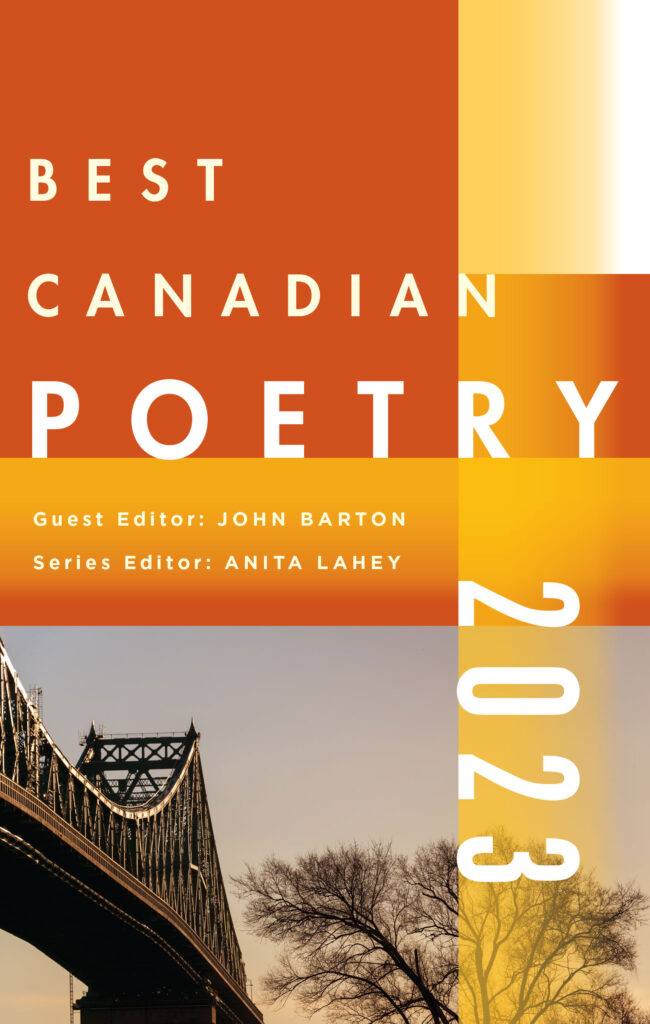
In 2001, Time magazine named Stanely Hauerwas, a professor at Duke University who drew from the anabaptist tradition (even though he always functioned as an apologist for his rapist mentor, John Howard Yoder) and responded semi-enthusiastically to the secularization of American society (given that Christian pacifists have always tended to see themselves existing outside of and sometimes against the nation state), “America’s Best Theologian.” In response, Hauerwas stated that “best is not a theological category.” It’s a provocative (Hauerwas always loved being a provocateur) and clever quip—in part because it draws us into a conversation about how we determine what is or is not “best,” what categories apply in one domain and not another, what exactly is a theological category, who counts as American and, ultimately, who has the power to determine these things. What, then, counts as the “best Canadian poetry” written (or, rather, published in the critically recognized and acclaimed places where one publishes critically recognized and acclaimed poems) in any given year? A poet (especially a poet who does not win awards or receive recognition as being one of the best”) might also be inclined to nod at Hauerwas and say, “best is not an attribute of poetry.” However, if one is a poet and one aspires to publish one’s poetry, perhaps even in critically acclaimed places, then reading these poems might be useful (the “best” poets are not simply poets, they are also utilitarian entrepreneurs who know how to maximize their competitive edge in an over-saturated market, who tend to their brand equity, and who know how to leverage their human capital and business connections in order to attain success—and if that whole sentence and all the language used therein doesn’t make you barf in your mouth, well, I’m not sure what to tell you). Anyway, given that I am such a poet, I thought I would read this collection (despite my general aversion to collections of any kind). I’m glad I did. There are a number of pieces here that really landed with me and I was happily introduced to several poets unfamiliar to me whose works I now look forward to reading.
9. DeRango-Adem, Adebe. Vox Humana: Poems (2022).

Adebe DeRango-Adem, however, is not one of the poets whose other works I look forward to reading. Not my jam. At all. That’s basically all I remember about this book.
MOVIES
1. Koguashvili, Levan. Brighton 4th (2021).
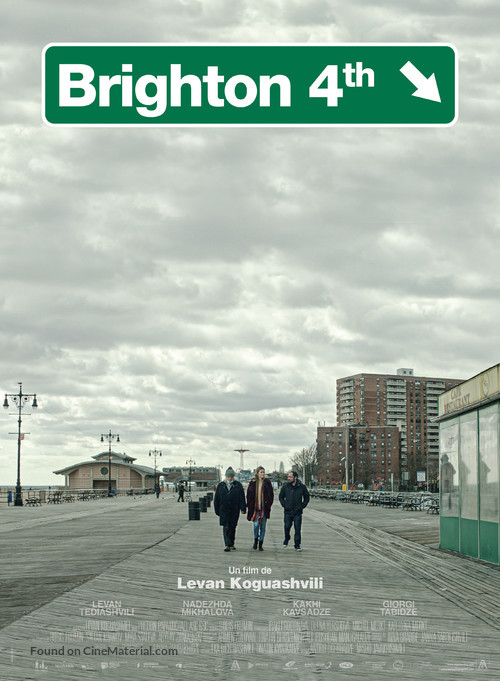
One of two films I watched in January about the ways in which the world changes while people, at some point in their lives, settle into a time, place, moment, series of relationships, and context that feels like their forever home. But such homes are not forever and neither are we and there are seasons of life for coming into being and seasons of life for passing away (even as other things continue to come into being) and Levn Koguashvili’s Brighton 4th is a beautiful meditation on this in the midst of all the everything of the 21st century. It tells the story of an elderly father from Georgia (the European nation, not the American colony), a former Olympic wrestler, who goes to New York City (the neighbourhood of Brighton 4th, where a lot of Eastern Europeans reside), in order to care for his son. To be a father is to make way while making a way for our children not only when they are children but also when they are adults. I have learned this lesson over the years as I have made way and made ways and, I think, good fathers are those who understand that this work is never done—even if it changes over time—until we, ourselves, are done. I absolutely loved this film and very highly recommend it. I suspect it will remain one of my favourite films of the year. Go watch it and then talk about it with me!
2. Helander, Jalmari. Sisu (2022).
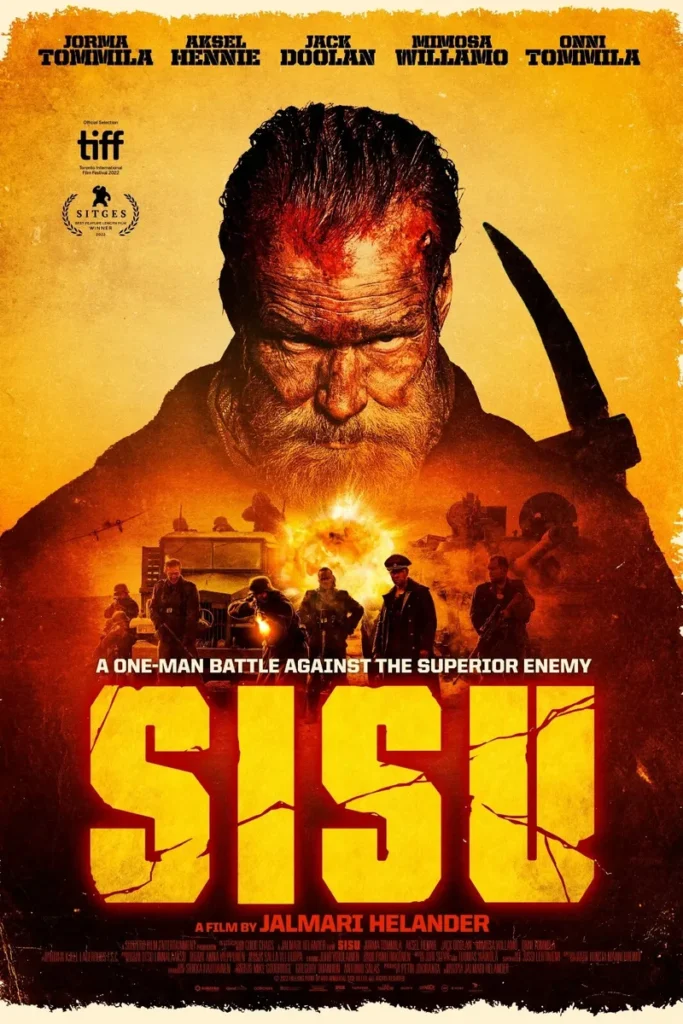
I think one of the benefits of slasher movies that are premised upon the idea of good guys slaughtering killer-rapey-world-destroying-utterly-without-the-possibility-of-redemption-bad-guy Nazis, is that it reminds all of us that killing Nazis can be both good for everyone and a real good time for everyone. This is probably an important thing to remember as we witness the ongoing rise of various ethno-nationalisms and neofascist forms of national or transnational governance in 2024 when 42% of the world’s human population goes to the polls to elect new leaders. Admittedly, I don’t watch much or expect much from this genre, but Jalmari Helander’s Sisu got rave reviews and it really is a piece of art and a good time (even though it doesn’t really do much with the genre other than do the genre very, very well). Remember kids, when it comes to Nazis and fascism, we need to use the least amount of violence required to keep us all safe. That means the least amount. And that means using violence. Anti-fascist struggles over the last 100 years have repeatedly affirmed this conclusion. No violence = Nazis take over; too much violence = we become not very good people and other vulnerable people suffer as a result. It’s all about determining the least amount required and then fully and completely committing to it. Word? Word.
3. Khan, Nahnatchka. Totally Killer (2023).
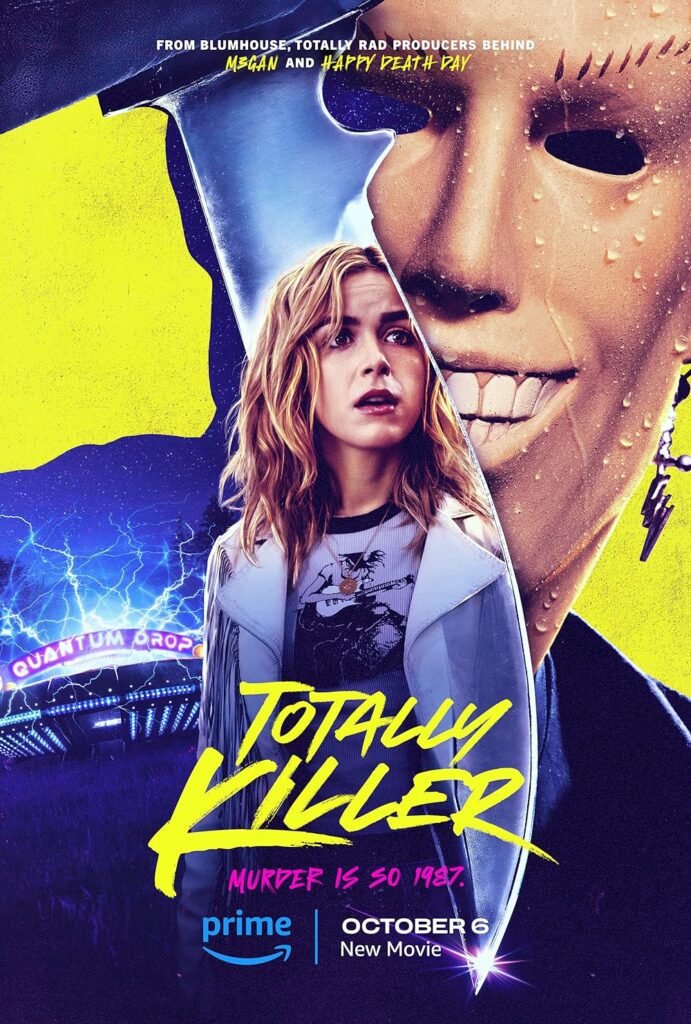
Barely a horror movie, Totally Killer is a tongue-in-cheek Back to the Future remake where someone occasionally gets murdered in a more or less bloody way. Part sci-fi, part slasher, but mostly a comedy, it features recognizable pop actors from pop shows like Sabrina, Riverdale, and Modern Family. If you like those shows, I’m sure you will laugh your way through this film. If you don’t well, you might be mildly entertained if you keep your expectations low.
DOCUMENTARIES
1. Fannberg, Yrsa Roca. The Last Autumn (2019).
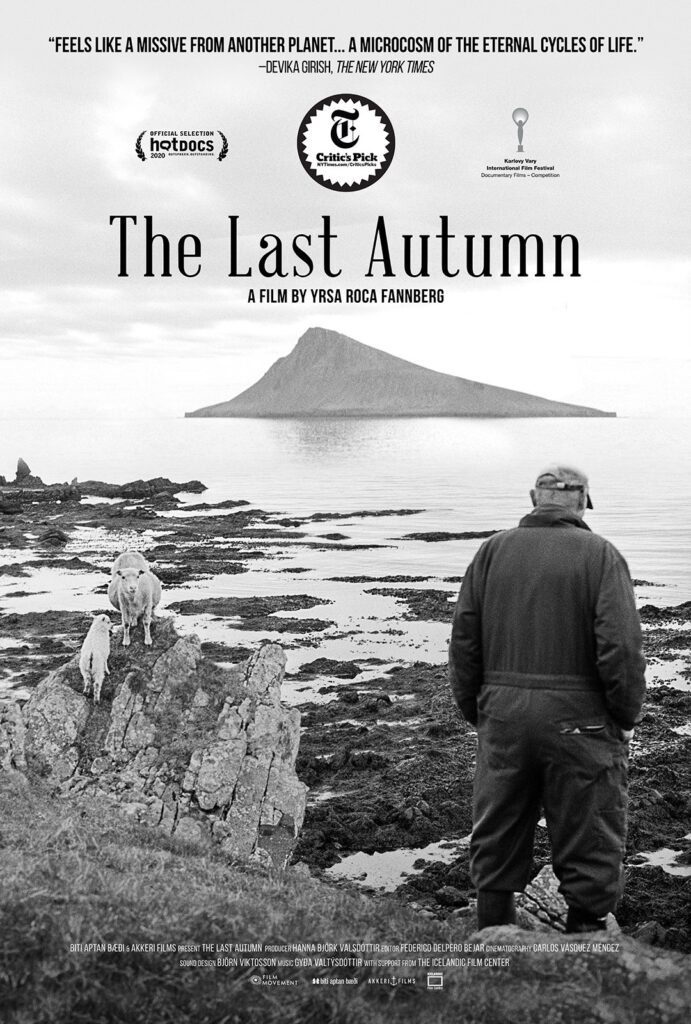
Yrsa Roca Fannberg looks at an old Icelandic farming couple who are closing down their sheep farm and bringing in the sheep for the last time before either selling them for slaughter or to one of their few remaining sheep farming neighbours. The world has changed all around them. Their children have opted not to talk over the farm. Few people return from the big city (Reykjavik: population ~140,000) to help bring in the sheep. Their grandkids speak English, in fact the transition to cyber-tech, smart phones, and apps is premised upon proficiency in English, and old ways, old worlds, old languages, and old people are fading away. Their passing hardly noticed or remarked upon. Fannberg captures this in an understated way. I think, perhaps, the most poignant moment is when the grandmother shows her grandchild a photo album she made. It is composed of pictures of the local mountain taken every day during different weather and cloud conditions. Here it is, she says, while looking at one picture, wearing a bridal veil (a could has wrapped around the top of the mountain). Ah, yes, grandma, I can see it, the child says politely although the viewer knows that that is all the child is being—polite. Don’t we all very politely do other things while our elders fade away? I know I have. And yet, here I am, looking at photo albums from pictures I have taken of the same spot of the river, year after year. Sometimes she rushes, sometimes she rests. Sometimes she plays and sometimes she is sick and bides her time and waits.